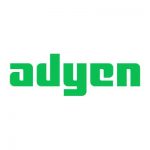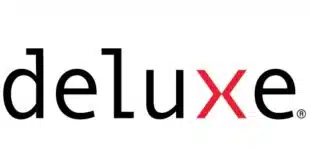Experts have been saying that the payments business is hot, but few suspected it was this hot. The 12-year-old Dutch processor Adyen N.V. gained more ground Thursday on the Euronext Amsterdam exchange before closing the day at 438 euros, or $510, down 3.7%.
That’s after finishing on Wednesday, its first day of public trading, at 455 euros, 89% above management’s pre-trading initial public offering price and good for a valuation exceeding $15 billion. The day before, as a privately held company, Adyen boasted a $2.3 billion valuation, good for ranking among the top 10 payments unicorns (private companies worth $1 billion or more) but far short of the heights it’s scaling now.
After one day of trading, the company’s price represented a multiple of more than 43 times its annualized first-quarter revenue, far more than even Adyen enthusiasts expected.

“That has a reflection [on the Adyen IPO],” says Larry Berlin, a securities analyst at Chicago-based First Analysis Securities Corp. who follows the payments industry “It’s not a surprise because of recent events.”
Also, investors like the clients Adyen has picked up, including, most recently, eBay Inc. The list includes Uber, Netflix, Facebook, Spotify, Etsy, Vodafone, Sephora, Tory Burch, L’Oréal, and Booking.com, but the eBay deal most impressed the market because Adyen will be replacing PayPal as the online marketplace’s processor. “The eBay contract is future revenue,” says Berlin. “It doesn’t hurt at all.”
With a U.S. operation centered in San Francisco, Adyen has been cultivating North American business for 10 years with a simplified interchange-plus pricing model.
“The thing I always found distinctive about Adyen was its early adoption of a transparent pricing model, where you, the merchant, could see exactly how your discount fee was calculated, on a per-transaction level,” says Aaron McPherson, vice president for research operations at Mercator Advisory Group, a Maynard, Mass.-based consulting firm, in an email message. “This allows merchants to benefit from steering customers to less expensive payment methods, like debit cards.”
Adyen also appeals to clients with physical as well as online operations, observers say. “There are many traditional acquirers focused on physical [point of sale] and many [payment service providers] strong in online payments, but seamlessly blending payments across physical, online, and mobile channels is not easy, and Adyen has been doing it successfully since the very beginning,” notes Zilvinas Bareisis, a London-based senior analyst at the financial-services research firm Celent, in an email. “That ability to ride the wave of offline/online convergence in payments is one of the key things that makes Adyen stand out from the crowd.”
Investors are likely to reward Adyen as long as it keeps winning business and pleasing clients. But of that, of course, there are no guarantees, as Berlin warns. “It’s hard to predict what a [stock] market is going to do,” he says. Adyen’s momentum “could continue,” he adds. “I wouldn’t predict it, though.”





